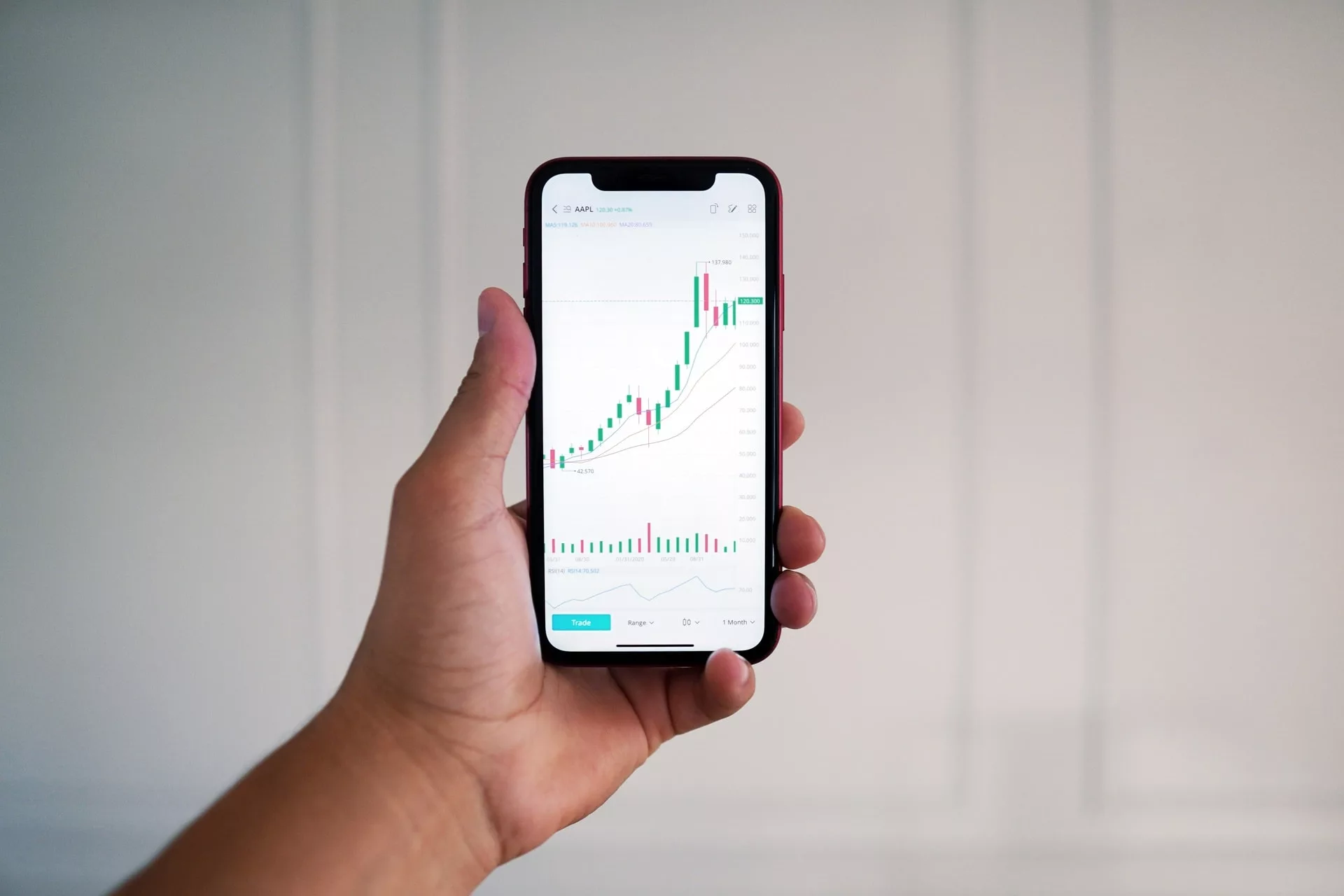Structured Investment Products, also known as “SIPS,” are customized investment products marketed by Wall Street brokerage firms to high net worth individuals as well as institutional investors. In theory, SIPS are designed to provide a customized investment product addressing a specific investor’s risk tolerance. The varieties of SIPS are limited only by the creativity of the Wall Street banks that conceive, package and market them. The best known SIPS were the now infamous “Principal Protected” notes issued by Lehman Brothers prior to its bankruptcy in September 2008. In the years leading up to its bankruptcy, Lehman Brothers sold hundreds of millions of dollars of Principal Protected Notes, which became next to worthless following Lehman Brothers’ bankruptcy. Other Wall Street firms also sold Principal Protected Notes, marketed as “Capital Protected Notes.”
However, SIPS are not limited to “Principal” or “Capital Protected” Notes. SIPS commonly feature the use of derivatives (securities that derive their value from another security) that are linked with a single security, a basket of common stocks, preferred stocks or fixed income securities, a market index, a note or a foreign currency. An investor’s return on a SIP is linked to the performance of the underlying security and the pay-out structure can make assessment of risk extremely complex. In its Notice to Members, 05-59, the National Association of Securities Dealers (NASD) (now the Financial Industry Regulatory Authority, or FINRA) expressed its concern that Wall Street firms “may not be fulfilling their sales practice obligations when selling [SIPS], especially to retail customers.”
Typically, SIPS are marketed by Wall Street firms using proprietary names such as PROPELS, PLUS, SPARQS, CORTS, TRACERS, ARES, BARES, SEQUINS, STRIDES, ELKS, MERITS, TARGETS, MITTS, EAGLES, CYCLES, TEARS, LUNARS and LAZARS. Regardless of the name, SIPS are complex, difficult to value and very lucrative to the large Wall Street banks that create and market them. As many investors have discovered since 2008, SIPS, initially marketed as a safe way to increase investment returns without additional risk, can substantially heighten portfolio volatility and thus increase portfolio risk. In requiring heightened supervision of complex investment products such as SIPS, FINRA concluded that “[t]he decision to recommend complex products to retail investors is one that a firm should make only after the firm has implemented heightened supervisory and compliance procedures.” FINRA, Regulatory Notice, 12-03.
If you purchased SIPS in your investment portfolio and suffered significant declines in their value, you may have received unsuitable investment advice from your financial advisor or not been advised of all material risks associated with your investment in a SIP. To determine your legal rights, please contact Pearson Warshaw, LLP for a confidential evaluation of your portfolio at (818) 788-8300 or [email protected].
For additional information about SIPS, go to: http://www.finra.org/Investors/ProtectYourself/Investor Alerts/P123713.
